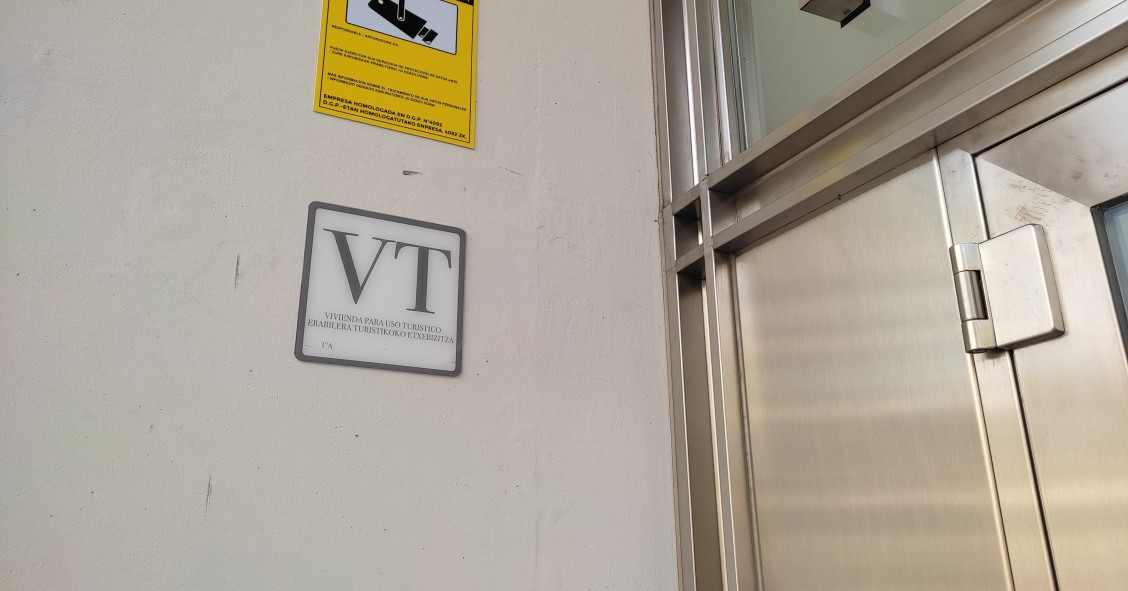
Almost all properties are subject to Property Tax (IBI), but who should pay it when renting, the owner or the tenant? This article explains who is liable for paying IBI in a rental contract.
Who pays IBI in a rented property in 2023?
When renting a property, the landlord generally pays the taxes associated with the property, such as the Property Tax (IBI in Spanish). However, remember that all the costs associated with a rented property can be agreed and shared between the tenant and the landlord in the rental contract.
According to Article 20 of the Law on Urban Leases (LAU), "the parties may agree that the general expenses for the proper maintenance of the property, its services, taxes, charges and responsibilities that are not susceptible to individualisation and that correspond to the rented property or its accessories, shall be borne by the tenant".
Therefore, while it is common for the landlord to pay IBI, they may not if it is agreed with the tenant in the rental contract. The key to knowing who has to pay something when renting is to check the rental contract.
What do the landlord and the tenant pay in a rental contract?
As mentioned above, the cost distribution depends on what is agreed in the rental contract. However, there are several rules concerning how to share the payment of the different costs when renting.
General cost breakdown
The landlord must pay the following costs unless specified in the tenancy agreement:
- Property Tax (IBI)
- Neighbourhood association fees
- Rubbish collection tax
- Property insurance
- Maintenance insurance (such as boiler insurance)
The tenant must pay for the utilities that can be measured with individual meters: water, electricity, gas, telephone, etc.
Faults or damage in the property
The landlord must take care of major faults, such as the washing machine or boiler unless the damage is minor or the tenant is proven to be responsible for the damage.
As for the tenant:
- Damage caused by them or their guests, such as breaking a window pane.
- Minor expenses resulting from the daily use of the flat, such as changing light bulbs, repairing a toilet flush or the roller shutter chord.
What happens if the tenant pays IBI?
If the tenant pays IBI, they can get the landlord (owner) to give them a discount or rebate, although they do not have to do so. Remember, although the tenant pays IBI, the landlord is responsible before the Administration. In other words, if they pay late or fail to pay, the landlord is liable before the administration.
What does the tenant pay under the new law?
Under the new law, the tenant only pays for whatever is outlined in the rental contract, for example, IBI, if both parties have agreed. They will also, generally, have to pay for utilities.
However, tenants will not pay real estate commission on the rent under the new law. Landlords are responsible for paying the management costs under the new Housing Law.






